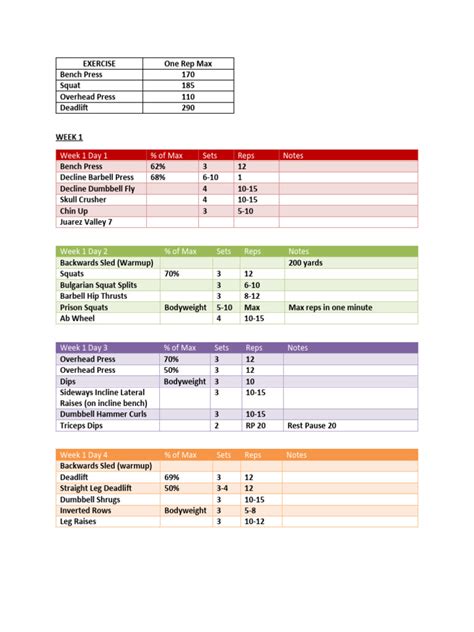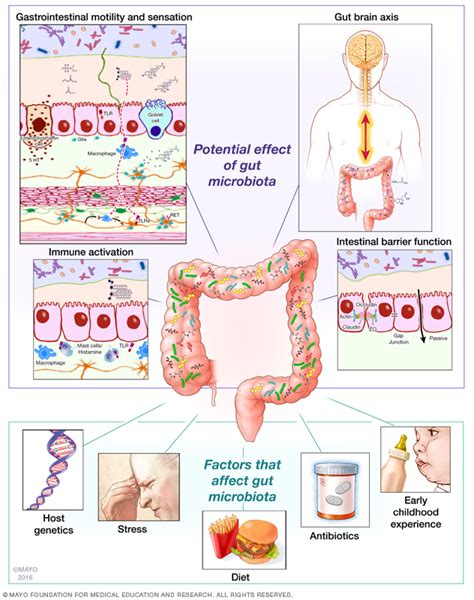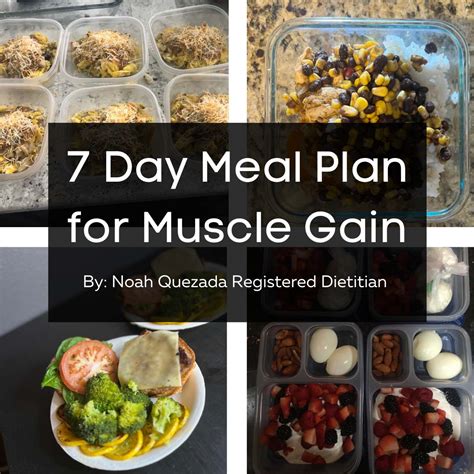Beyond just lifting heavy, what nutritional habit is often overlooked by men focused on significant muscle hypertrophy?

The Unsung Heroes of Hypertrophy: Micronutrients and Gut Health
For men relentlessly pursuing significant muscle hypertrophy, the blueprint often seems straightforward: lift heavy, ensure a caloric surplus, and hit those protein targets. While these pillars are undeniably crucial, many dedicated lifters inadvertently neglect a foundational aspect of nutrition that can make or break their progress: the intricate dance between micronutrient density and gut health. This oversight can severely limit the body’s ability to utilize the very macros they meticulously track, stalling gains and compromising overall well-being.

The Silent Power of Micronutrients
While macronutrients (protein, carbohydrates, fats) provide the raw building blocks and energy, micronutrients (vitamins and minerals) act as the indispensable architects and construction crew. They are co-factors in thousands of enzymatic reactions vital for energy production, hormone synthesis, immune function, muscle contraction, and repair. Without adequate levels of essentials like Vitamin D, B-complex vitamins, Magnesium, Zinc, Iron, and Potassium, even the most perfectly calibrated macronutrient plan can fall short.
- Vitamin D: Crucial for bone health, immune function, and may play a role in testosterone production and muscle strength.
- B-Complex Vitamins: Essential for energy metabolism, converting food into usable energy for intense workouts.
- Magnesium: Involved in over 300 enzymatic reactions, including protein synthesis, muscle and nerve function, blood glucose control, and blood pressure regulation. Critical for recovery and sleep.
- Zinc: Important for immune function, protein synthesis, cell growth, and testosterone levels.
- Iron: Necessary for oxygen transport in the blood, directly impacting endurance and recovery.
Deficiencies in these micronutrients can manifest as persistent fatigue, poor recovery, weakened immune response, impaired performance, and ultimately, stalled muscle growth, despite ample caloric and protein intake.

Gut Health: The Gateway to Gains
Even if you’re consuming a diet rich in micronutrients, their benefits are moot if your body cannot effectively absorb them. This is where gut health steps into the spotlight. A healthy gut microbiome – the trillions of bacteria residing in your digestive tract – is paramount for optimal digestion, nutrient absorption, and immune function. An imbalanced gut (dysbiosis) can lead to inflammation, malabsorption, and a host of issues that compromise your ability to benefit from your diet.
The gut essentially acts as your body’s nutrient processing plant. If this plant is inefficient or damaged, you’re not getting the full value from your food. Poor gut health can lead to:
- Reduced absorption of vitamins, minerals, and even amino acids.
- Increased systemic inflammation, hindering recovery and promoting muscle breakdown.
- Impaired immune function, leading to more sick days and missed workouts.
- Digestive discomfort (bloating, gas, irregular bowel movements), impacting overall well-being and training focus.

Integrating Micronutrient Focus and Gut Health into Your Hypertrophy Plan
Shifting focus doesn’t mean abandoning your macro goals, but rather refining your approach to achieve them. Here’s how to prioritize these often-overlooked elements:
- Embrace Whole Foods: Prioritize a diet rich in whole, unprocessed foods. Think lean proteins, complex carbohydrates like sweet potatoes and brown rice, and healthy fats from avocados, nuts, and seeds.
- Diversify Your Produce: Don’t just eat your greens; eat a rainbow! Different colored fruits and vegetables offer a unique spectrum of vitamins, minerals, and phytonutrients. Aim for 5-9 servings daily.
- Include Fermented Foods: Incorporate probiotic-rich foods like yogurt, kefir, sauerkraut, kimchi, and kombucha to support a diverse and healthy gut microbiome.
- Boost Fiber Intake: Fiber acts as a prebiotic, feeding your beneficial gut bacteria. Good sources include legumes, whole grains, nuts, seeds, and most fruits and vegetables.
- Stay Hydrated: Water is essential for digestion, nutrient transport, and virtually every bodily function, including muscle contractions and recovery.
- Consider Smart Supplementation: While a whole-food diet is primary, a quality multivitamin, fish oil, and perhaps specific minerals like magnesium or zinc can help fill gaps, especially under the increased demands of intense training. Always consult with a healthcare professional or registered dietitian.
- Manage Stress & Sleep: Chronic stress and poor sleep negatively impact gut health and nutrient utilization. Prioritize recovery and stress reduction techniques.

The Bottom Line
True, sustainable muscle hypertrophy isn’t just about slamming protein shakes and lifting heavier than last week. It’s about building a robust internal environment that can effectively process, absorb, and utilize every nutrient you consume. By paying diligent attention to micronutrient density and fostering a healthy gut, men can unlock new levels of performance, recovery, and ultimately, achieve the significant muscle gains they’ve been working so hard for, ensuring their efforts in the gym translate into tangible results.










